When it comes to residential electrical projects, choosing the right building wire is essential to ensure the safety and efficiency of your electrical system. The building wire you select should be capable of carrying the necessary load and be suitable for the specific environment and installation requirements. Here are some key factors to consider when choosing building wire for residential projects, and shop Wirenco for all of your building wire needs today.
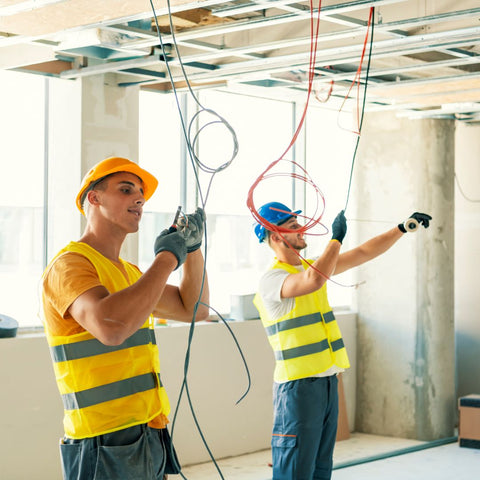
Wire Gauge
One of the most important factors to consider is the wire gauge, which determines the wire's diameter and current-carrying capacity. The gauge you choose will depend on the electrical load and the distance the wire needs to run. Smaller gauge numbers indicate thicker wires capable of carrying higher currents. It's crucial to select the appropriate wire gauge to prevent overheating and potential fire hazards.
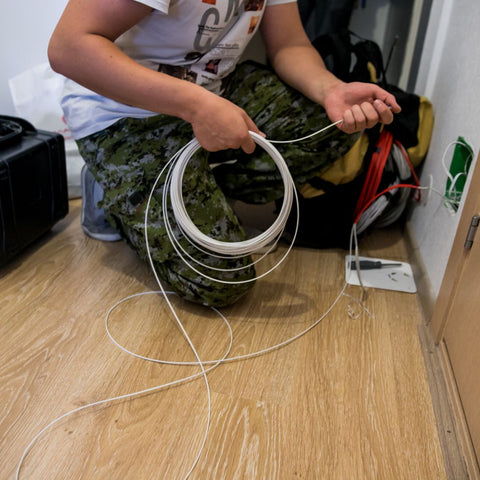
Insulation Type
The insulation used on the building wire plays a vital role in protecting the wire from damage and preventing electrical shocks. Different insulation types are suitable for different environments and applications. Common insulation materials include PVC (polyvinyl chloride), THHN (thermoplastic high heat-resistant nylon), and XHHW (cross-linked polyethylene). Consider factors such as the level of moisture, temperature, and potential exposure to chemicals when selecting the appropriate insulation type.

Wiring Method
Another aspect to consider is the wiring method used in the residential project. The two primary wiring methods are conduit wiring and non-metallic sheathed cable (NM cable) wiring. Conduit wiring provides extra protection for the wires and is often required in high-impact or exposed areas. On the other hand, NM cable wiring is commonly used for residential applications where the wires are run through wall cavities or attics. Ensure that the building wire you choose is compatible with the wiring method being employed.

Compliance with Electrical Codes
Building codes and electrical standards are put in place to ensure the safety and compliance of electrical installations. It is crucial to choose building wire that meets the requirements and specifications set by local electrical codes and regulations. Be sure to check the appropriate standards for your region and select construction wire that is labeled and certified to comply with those standards.
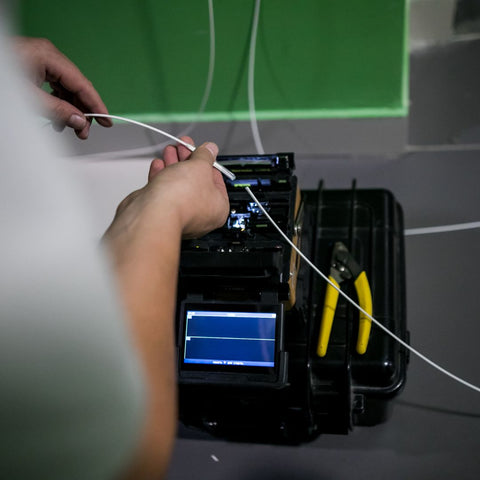
Voltage Rating
The voltage rating of the building wire is another important consideration. It denotes the maximum voltage the wire can safely handle. Residential projects typically have a voltage rating of 120-240 volts. When choosing building wire, ensure that it is suitable for the voltage and electrical system of your project.
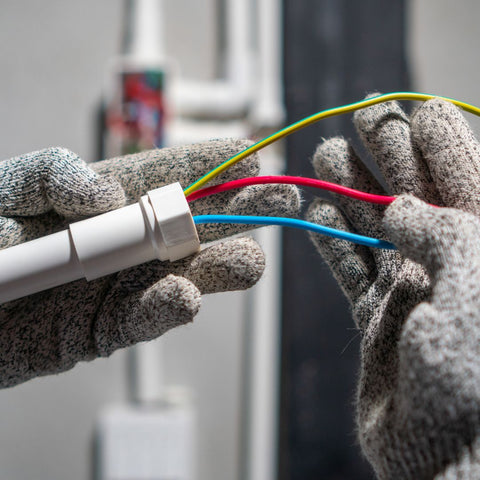
Environmental Factors
Consider the environmental conditions in which the construction wire will be installed. For example, if the wire will be exposed to moisture or corrosive elements, it is crucial to select a wire with appropriate insulation or protective coatings that can withstand these conditions. Additionally, if the wire will be exposed to high temperatures, such as in attics or near heat sources, choose wire with insulation that has a high temperature rating.
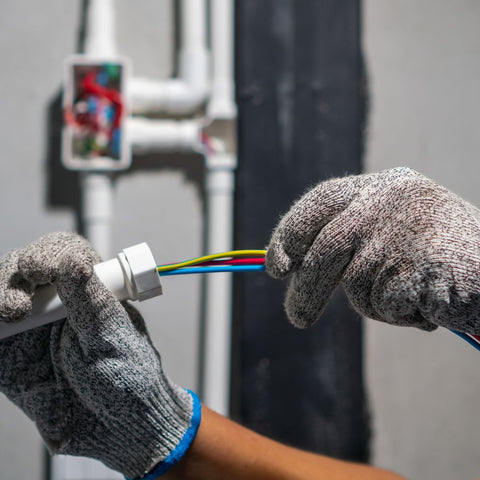
Quality and Reliability
The quality and reliability of the building wire are important factors to consider. Make sure to choose a reputable manufacturer or supplier that offers high-quality wires that have been tested and certified for safety and performance. Reliable building wire will provide long-lasting performance and reduce the risk of future problems or failures.
CALL TODAY
Selecting the right building wire for residential projects is crucial for the safety and efficiency of your electrical system. Consider factors such as wire gauge, insulation type, wiring method, compliance with electrical codes, voltage rating, environmental factors, and the quality and reliability of the wire. By making careful and informed choices, you can ensure a reliable and durable electrical installation for your residential project. Let Wirenco supply all of your building wire needs for your residential projects. Shop online today!

